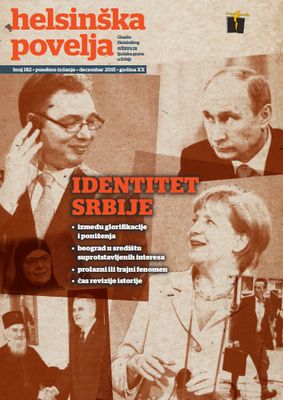
We kindly inform you that, as long as the subject affiliation of our 300.000+ articles is in progress, you might get unsufficient or no results on your third level or second level search. In this case, please broaden your search criteria.

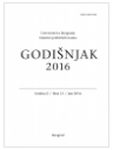
Over the last 15 years the political leadership of Turkey conducts a course of modernization of the country. Basically, this course reinforces the previous model of modernization and development of the Ottoman Empire and therefore it is called Neo-Ottomanism. The author reveals the peculiarities of the process of implementation of this model in modern Turkey and points to trends such as the strengthening of centralism and authoritarianism within the system of state power, secularisation of social life and expansionism in foreign policy. Paying special attention to the final thesis, the author tries to show the predominantly extroverted character of the Turkish model of modernization based on mobilization of the resource base of countries and regions that were once part of the Ottoman Empire. To this end, Turkey takes an aggressive foreign policy that includes direct support for international terrorism. Thus, the author seeks to actualize the potential risks and dangers that the policy of uncontrolled growth of pro-Turkish influence might bring to the countries of the Balkans, the Caucasus, the Middle East and Central Asian regions.
More...
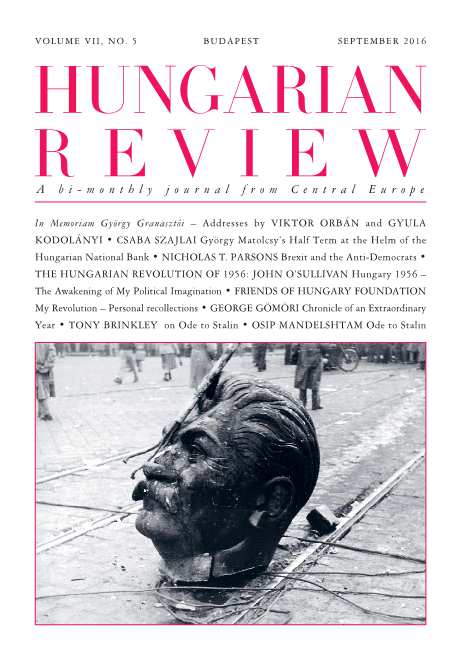
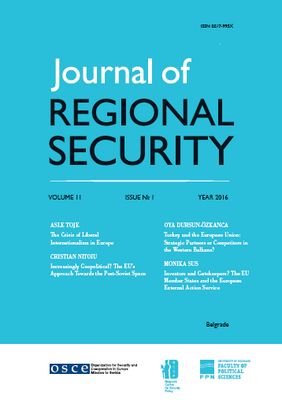

Throughout the past decade the policy of the European Union (EU) towards its eastern neighbours has avoided focusing on security issues. However, the Ukraine crisis had had a deep impact on the EU’s foreign policy and its approach towards post-Soviet space. It has highlighted that the EU’s eastern neighbourhood is characterised by intense geopolitical competition with Russia. The crisis also underscored the weakness of the EU’s low politics approach towards the post-Soviet space and Russia. On the other hand, Russia’s actions in Ukraine have made the member states more willing to act together and recognise Russia as a security threat. In this context, the article argues that while the EU has not always viewed its relations with Russia and the post-Soviet space in traditional geopolitical terms, the shape of the regional geopolitical structure has always influenced its policy towards the region. Moreover, the article shows how the EU has gradually embraced geopolitical competition for influence in the post-Soviet space with Russia and even confrontation with Moscow.
More...
This project reflects on the ambivalence of the EU member states in their relationships with the new institutional arm of European diplomacy – the European External Action Service, headed by the High Representative. While trapped in rhetorical support for stronger and better-coordinated EU foreign policy, the member states show little willingness to equip the newcomer with political mandate and room for action, and provide a case in point for the post- Maastricht integration paradox. The main aim of this paper is to shed light on the reasons for this paradoxical behaviour. Taking into consideration the timeline 2009−2014, the article looks at patterns and dynamics of the mutual cooperation between the EEAS selected member states (Germany, Poland and the United Kingdom).
More...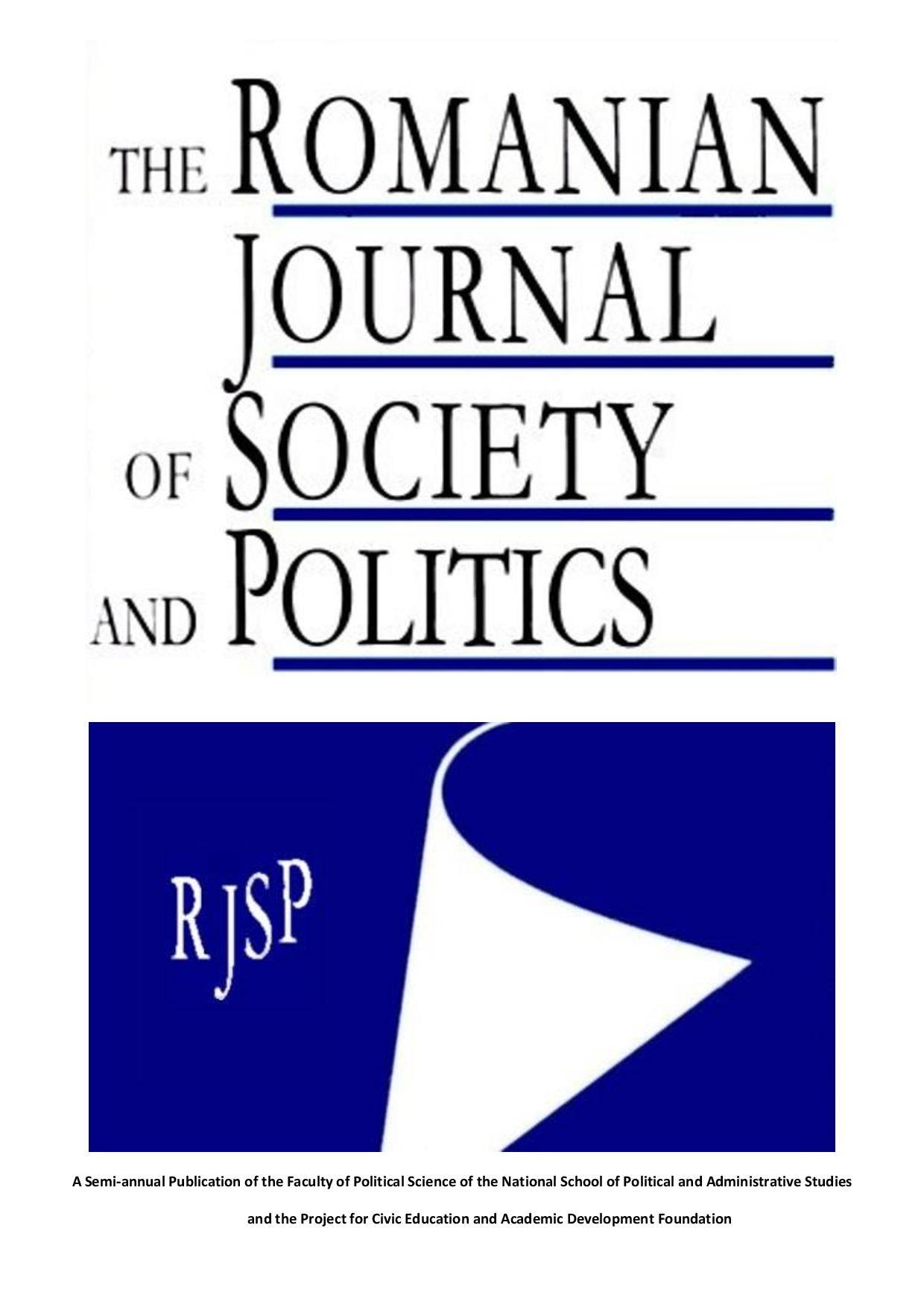
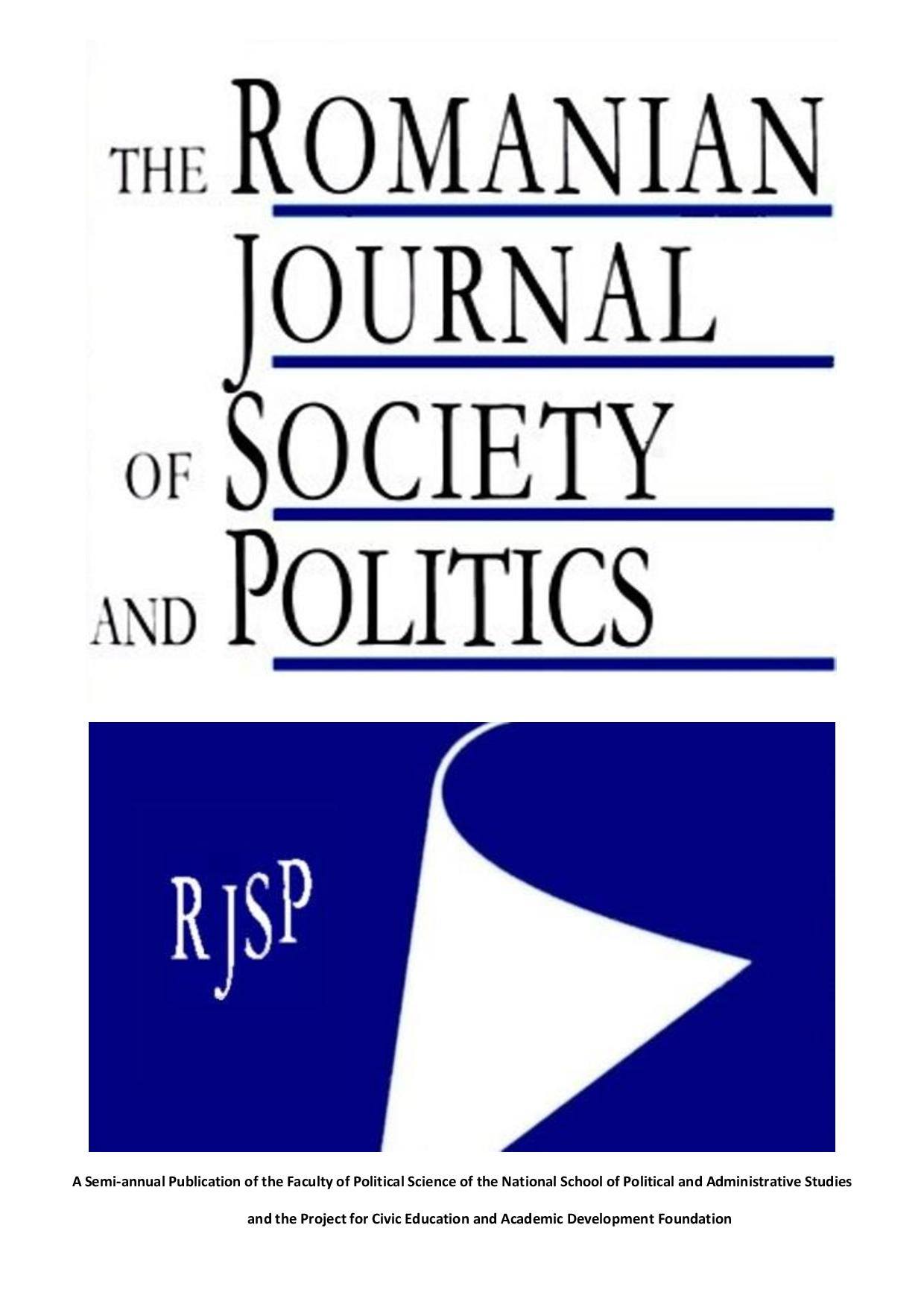
The article deals with the approaches to understanding the concept of‘competition’. There are three approaches to understanding the concept: as a competition in the market, as a behavioral element of the market mechanism and as a market mechanism criterion to resist monopolization. Conditions for the existence of competition are also considered. The first condition for the competition to emerge is a presence of a great number of items of any particular product or resource in the market. The second condition for the emergence of competition is freedom of choice of producers’ economic activities. The third condition for the competition to emerge is correspondence between what determines the demand and what determines the supply. The forth condition for the emergence of competition is the presence of the market of means of production. The essence of the competition in the political field is analyzed as well. Specific conditions for the political competition in modern Russia are distinguished and common features of the political competition in subjects of the Russian Federation are also determined. An example of the conditions and essence of the political competition in Yaroslavl is considered in detail. Changes of the area of political competition for the last four years of the Russian Federation are also considered.
More...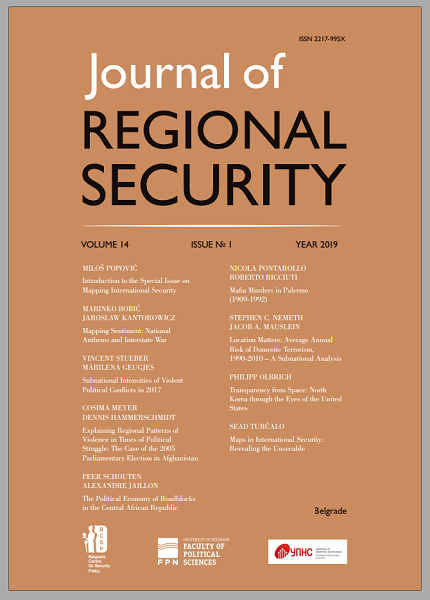
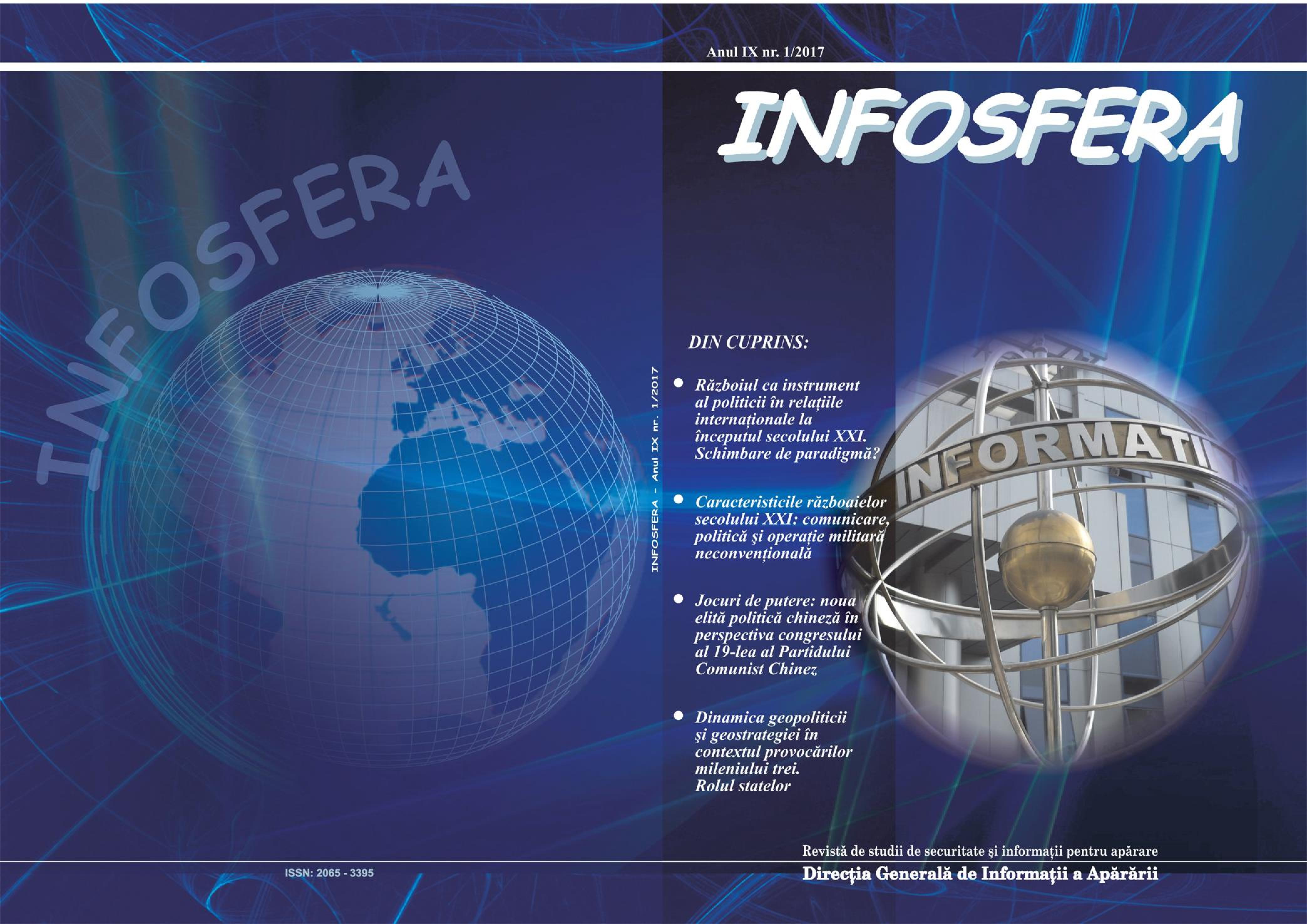
In order to see the dynamic of geopolitical and geostrategic connections between states, we have to analyze a large scale of elements concerning the geographical, political, military, demographical, economical etc. Between the marks analyzed we can find the strategical concepts and doctrines of the states who want to rearrange the political and geo-strategical maps of the world.
More...
The geopolitics is a field of science that explores various internal and external fac-tors of the country. Those aspect are economy, politics, social relations, resources, religious di-vision, natural disasters etc. Nigeria is a rich country in natural resources, growing in economic terms, which makes that country attractive for foreign direct investment (FDI). However, geo-political threats such as terrorism and lack of education among young people completely de-stabilizes the state. The main goal of this article is to explain the impact of geopolitics on FDI in Nigeria and the state development. The OLI and CAGE framework present the geopolitical threats affecting the internal chaos of Nigeria and FDI.
More...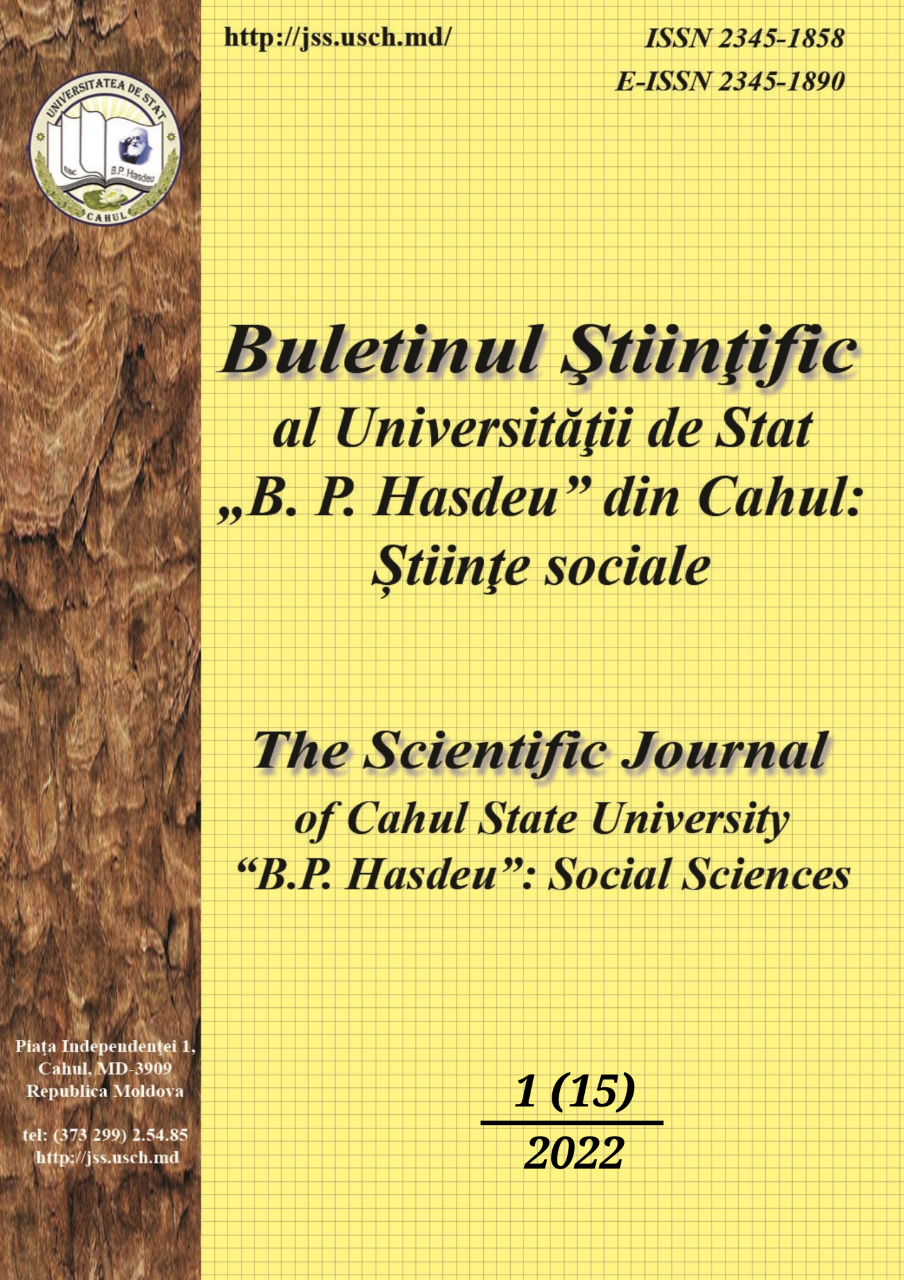
Kenneth Waltz, helped by David Singer, introduced the concept of levels of analysis, to explain international events, such as the war, from different points of view. In our presentation we are planning to follow the path started by Kenneth Waltz – which seeks to locate the source of the explanation of an event, phenomenon, process – and to analyse the possible causes of the outbreak of the ongoing war in Ukraine.
More...
After Putin came to power, the hybrid war against Ukraine acquired a pronounced existential character, as the Ukrainian people demonstrated independence in making political decisions, in spite of all forces and means imposed by the totalitarian Russian "brotherhood". In 2014, as a result of the occupation of Crimea and certain territories of the Donetsk and Luhansk regions, hybrid aggression against Ukraine was usually considered in the concepts of the gray zone conflict. Taking into account the conventional nature of the actions of the russian authorities in the East of Ukraine, the authors of the article operate with the concept of "gray war" and the artificially created real and conditional "gray zone" in the Donbass as an instrument of a hybrid war against the whole Ukraine. Using the factor of quarantine measures in connection with the Covid-19 Pandemic, the temporarily occupied territories were purposefully isolated (physically and mentally) from free Ukraine, which made it possible to prepare the “gray zone” with impunity as a springboard and pretext for a large-scale invasion of Ukraine on February 24, 2022. The practices, methods and tools that the russian occupation authorities use in the Ukrainian territories occupied after February 24: forced passportization, russification, preparations for holding "referendums" were tested in the "gray zone", which actualizes the study of the processes that took place there in general, and just before the outbreak of a large-scale war, in order to learn lessons and counter them.
More...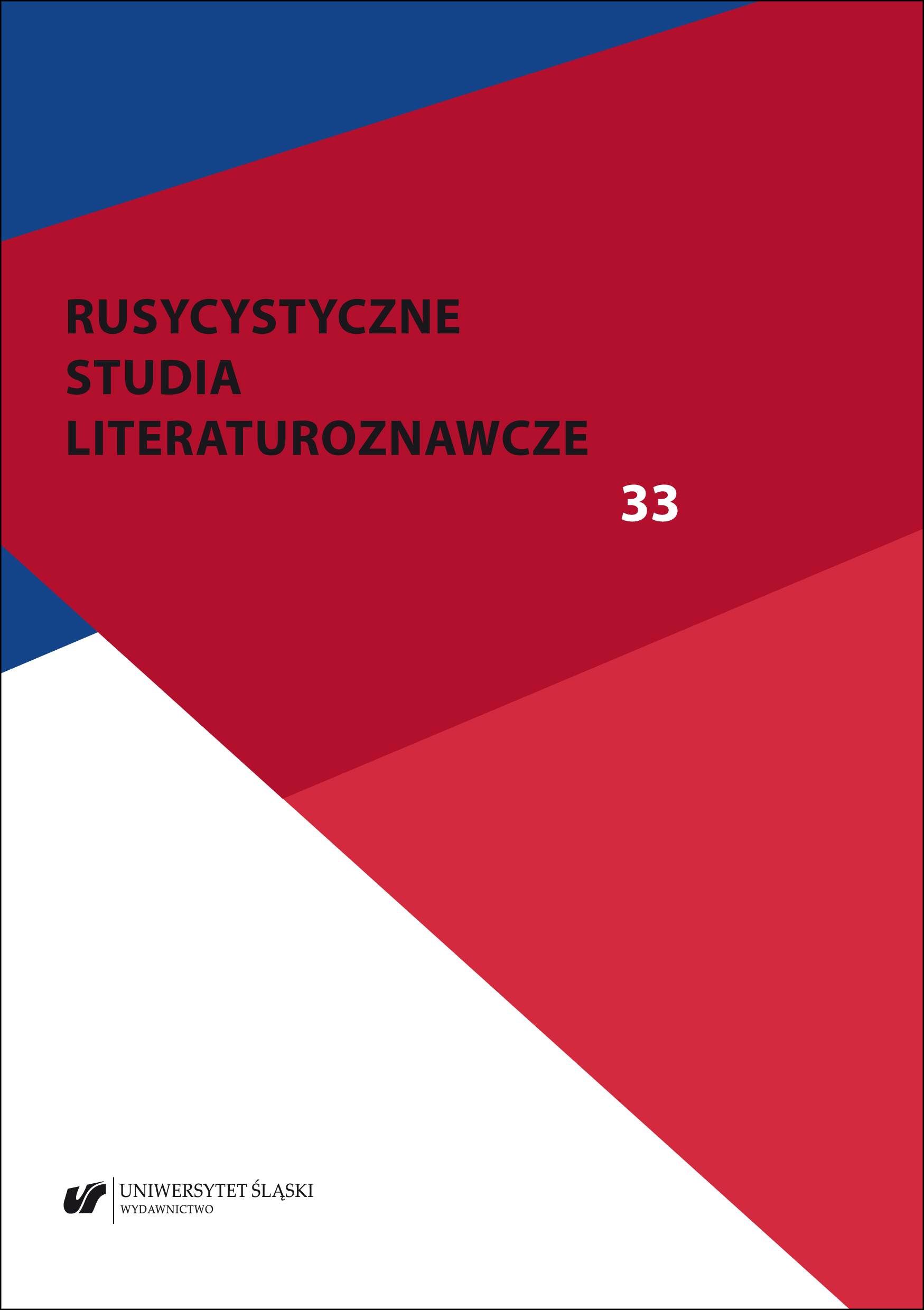
This article attempts to critically analyze the postcolonial aspects of the concept of the Other/Alien from the Polish point of view in the context of the Russian-Ukrainian war. In the (sub)consciousness of Polish elites, (geo)political discourse acts as a link between ‘postcolonial aspects’ and the war context. The author considers as postcolonial aspects those features of the Polish public debate that go hand in hand with resentment thinking. Although the inherent descriptive parameter of resentment consciousness is considered to be the binary category of Other/Alien, in the case of the Polish self-perception system it is more appropriate to speak of a trinary relational system (Poland — West — East). The entanglement of the Polish habitus in a trinary relation is not conducive to the process of status positioning in the world.
More...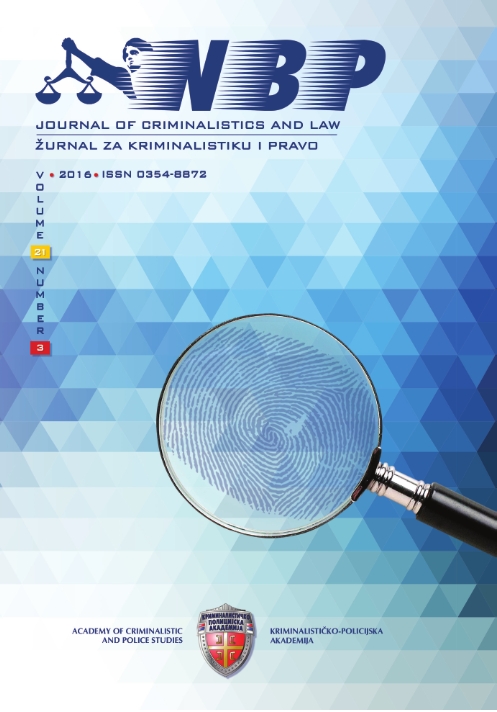
Nowadays more than 3,600 ethnic groups around the world seek to obtain a high degree of autonomy or to separate from the countries in which they are currently situated. The subject of analysis in this paper covers various similarities and differences between separatist terrorism in Northern Ireland and Spain. The paper aims to examine to what extent the assumptions about uniformity or dissimilarity of separatist terrorism in Europe are founded, especially in Northern Ireland and Spain as the countries where separatist terrorism persists for the longest period of time and where there are serious social and political problems. Using the content analysis and historically comparative methods, the paper determines that there is a series of similarities, but also differences between the separatist terrorism in Northern Ireland and Spain, whose main representatives are the IRA and ETA. Special focus is on those dimensions of separatist terrorism in these areas that turn them into a wider security challenge. The author concludes that, based on the use of adequate methods, as well as review of recent materials, the separatist terrorism in Spain and in Great Britain pose serious security challenge for these countries and Europe as a whole, not only in terms of current or increased danger of terrorism, but also because of the possibility of regional conflicts, especially in Spain. Therefore, no matter what differences there are between phenomenal forms of separatist terrorism in Spain and Great Britain, they have enough similar characteristics, and based on those the common European solution can be found for combating them.
More...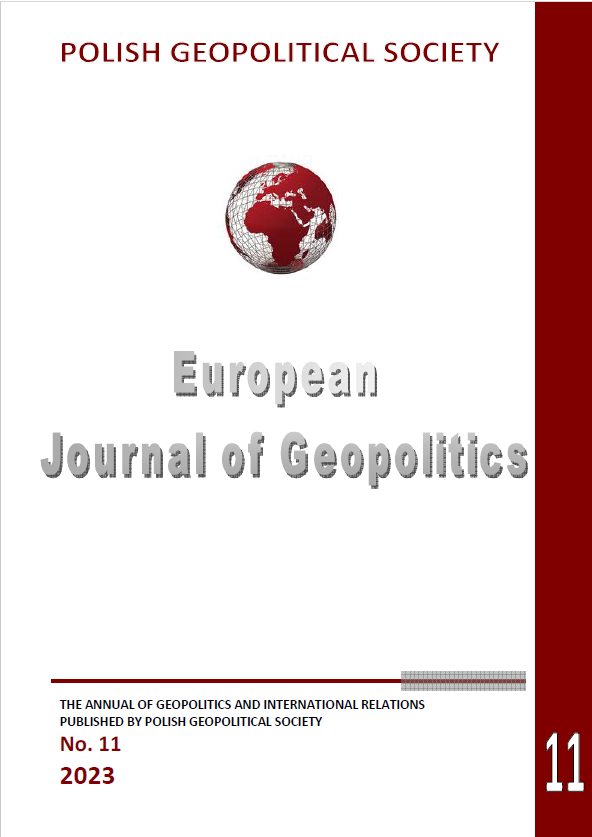
Article is deep analysis of situation, which is taking place in the west Africa, on example of Burkina Faso. Author outlined the background of situation based on geographical and political conditions. It is shown how coups has affected on Burkina Faso and what caused them. There are described relations between Burkina Faso, France and Russia. It is reveled and explained why Burkina turned to Russia, and consequences about that. The problem of jihadists attacks like: the siege of Djibo or attacks on Burkina’s capital Ouagadougou, why islamists were attracted to Burkina Faso, and results of these attacks were covered by the analysis. Article concludes with analyze of actual situation in this country and supposition what is going to happen in the future.
More...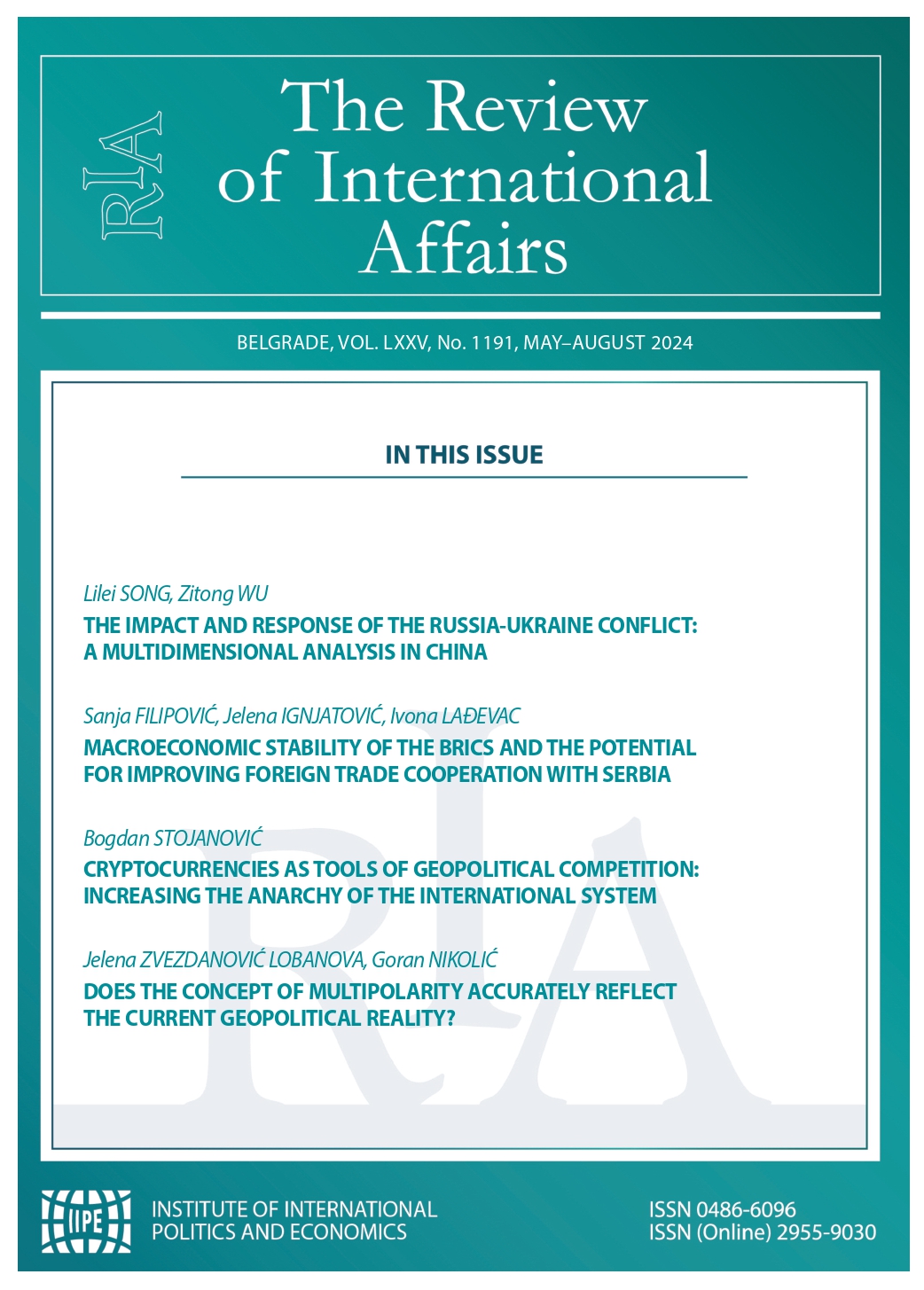
We are witnessing the trend of relative economic and, consequently, political weakening of America and the West and a constant rise of the “rest of the world”, primarily China, whose economic growth, despite slowing down in recent years, is still three times faster than that in the EU and the US. Given that the strategies and policies of great powers, as well as of smaller countries like Serbia, depend on it, in this paper, we try to answer the question of whether the world is in the process of becoming bipolar, multipolar, or whether some form of unipolarity will persist. We start with the definition of polarity in neo-realist terms. We generally accept that after the end of the Cold War, there was a moment of unipolar US dominance, coupled with its hegemony, but this moment has largely passed. However, we are faced with the situation that there has been no clear emergence of either a new bipolar or multipolar order. We cannot argue that Beijing is the other pole of power since only the US has functional alliances that carry weight economically and militarily. And, if we are witnessing the emergence of multipolarity, that is the one that is still fundamentally asymmetric in America’s favour since Washington’s actions predominantly determine the main currents of global geopolitical processes. Thus, we claim that the global order is shaped as an unbalanced multipolarity, with the caveat that the role and strength of poles are in modern times considerably less important than before due to the processes of globalisation and economic interdependency.
More...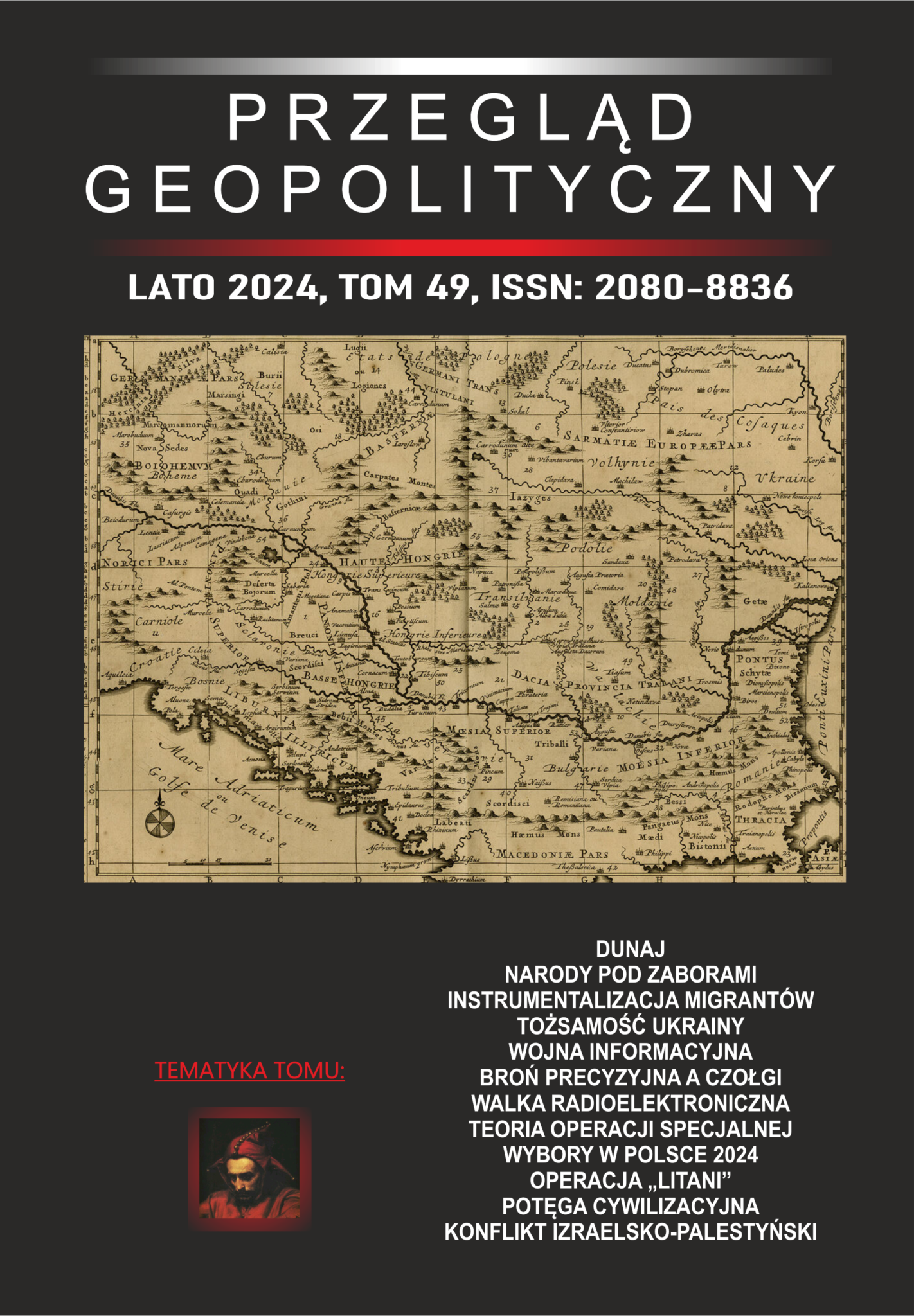
Geopolitical analysis of 2024 elections in Poland
More...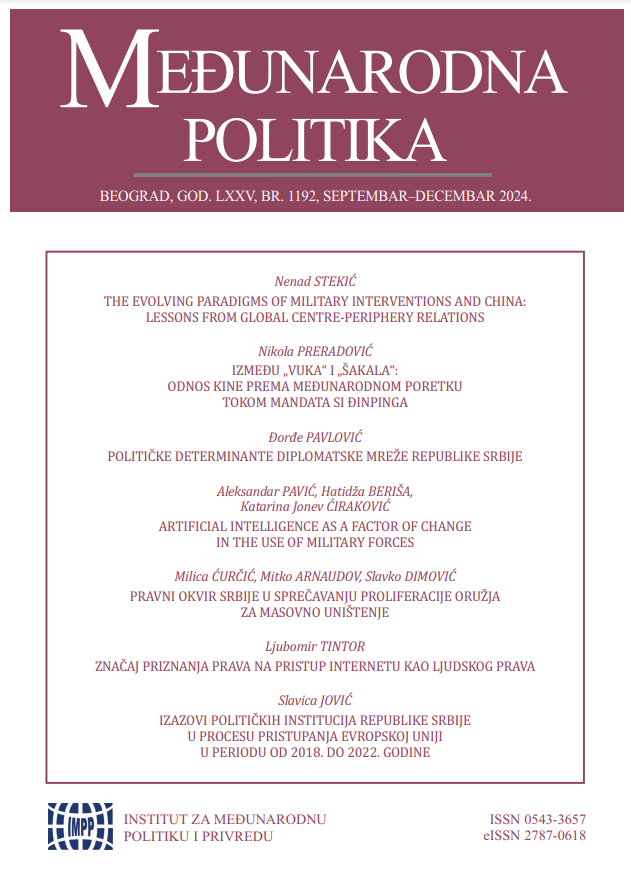
The stability of the international order primarily depends on the power relations between revisionist and status quo powers. The first are the bearers of changes in the character of international politics, while the second are the guardians of existing rules and practices. Rising powers seek to reshape the order constructed under the patronage of the existing hegemon. The paper explores the character of China's relations as a growing power towards the international order shaped at the end of the Cold War since Xi Jinping came to power. The theoretical framework is represented by the theory of balance of interests, primarily relying on the categorisation of revisionist states into the camp of “wolves”, irreconcilable opponents of the existing and bearer of new orders, and “jackals”, moderately powerful states focused on partial revisions of the current situation in the long term. The analysis works on two levels, systemic and state, indicating the specific positioning of China between the “wolf” and the “jackal”. From a theoretical point of view, it points to a possible new classification of a potential superpower striving for a long-term reshaping of the international order and avoiding sudden and premature risks.
More...